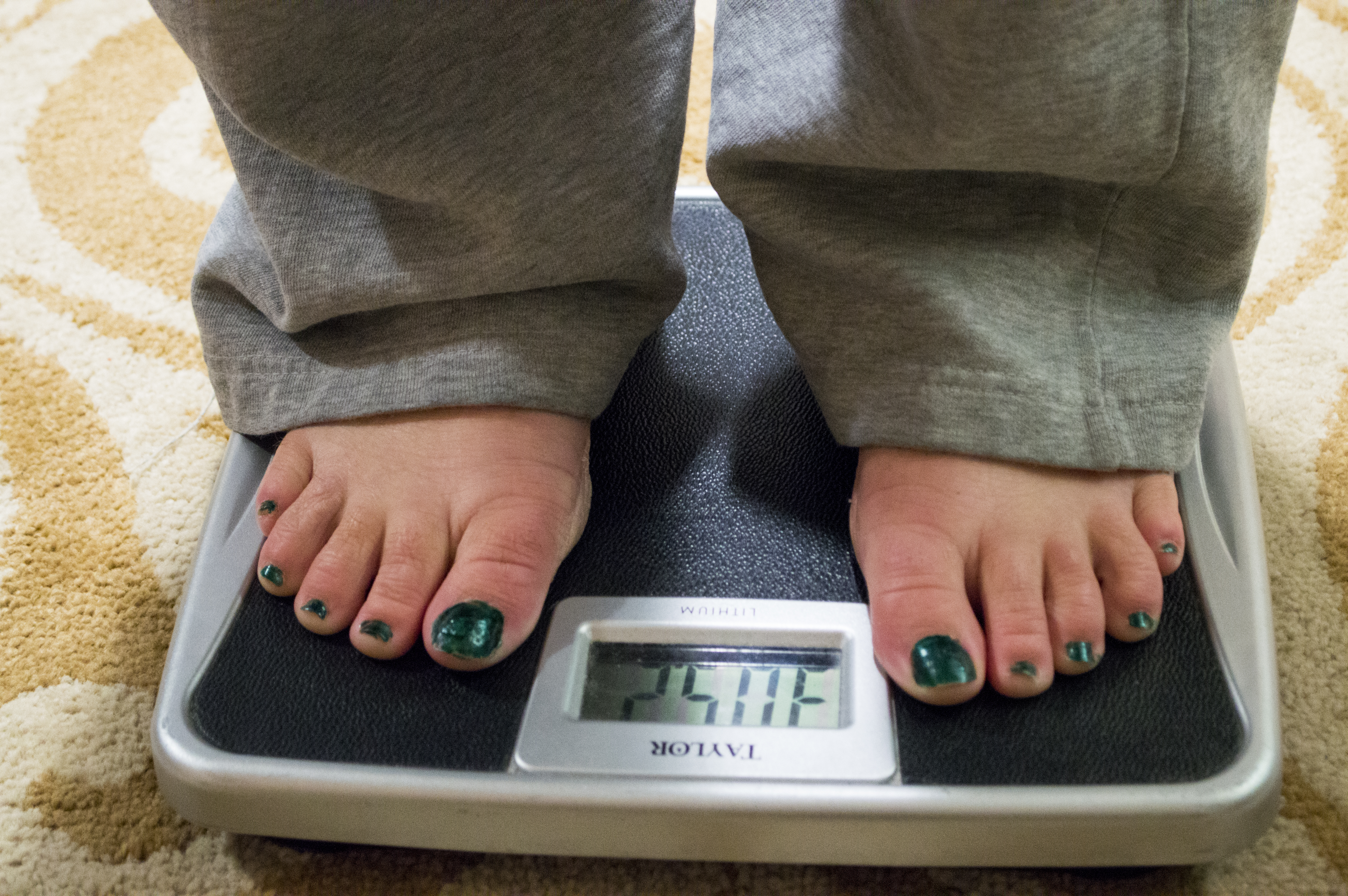As of 2012...
- 65.9 percent of adults in Indiana were overweight, with a Body Mass Index of 25 or greater
- 29.6 percentof adults in Indiana were obese, with a Body Mass Index of 30 or greater
When it comes to weight, a false sense of security can lead to health issues in the future, according to a Ball State study.
In “Overweight Misperception among Adolescents in the United States," Ball State professors Jagdish Khubchandani and Maoyong Fan said adolescents in America tend to misperceive their weight.
Indiana is ranked ninth in the United States for obesity rates, with 20.5 percent of its population considered obese, according to an annual report done by the Trust for America’s Health and the Robert Wood Johnson Foundation.
Khubchandani said people are in denial about what their true weight actually is, and they think they are healthy.
“They don’t want to accept it, so they’re trying to convince themselves, ‘Yes, I’m okay, nothing is wrong,’” he said. “They need a correct perception to make sure they go to the gym and eat right.”
Still, some students disagree.
Elizabeth Wood, a sophomore elementary education and special education major, said having a positive body image is more important to them than weight.
"People should exercise because they want to, not because they want to be beautiful as society sees them," said Wood.
Aside from body image, exercising is still important to stay physically healthy, Khubchandani said.
“Many people are not aware that they have to walk 20 minutes a day and eat five fruits and vegetables a day,” Khubchandani said.

DN PHOTO ILLUSTRATION ALAINA JAYE HALSEY
Carol Friesen, a nutrition and dietetics professor, said obesity is associated with heart disease and diabetes, as well as self-esteem and potential discrimination.
Most Americans will not call themselves fat or think their weight is unhealthy.
“People don’t want to admit that they need to make healthier choices and that they need to make changes,” Friesen said. “I think they look in the mirror and they see themselves the way they used to be, and they don’t acknowledge the changes that have taken place.”
She said the first thing that needs to be done to combat obesity is to help people understand what it means to be overweight or obese. After that, the American culture has to change to make it easier for people to eat healthier and be more active.
A Body Mass Index above 25 is considered to be overweight, and anything above 30 is considered obese, according to the Center for Disease Control.
Friesen said since many people in Indiana used to be farmers, they have been set in the tradition of eating a lot to make up for all the work they were doing. But now that machines do the work and much of Indiana is not farmers anymore, people still tend to eat the same way.
“Nobody realizes it because so many people are overweight and obese, it makes the overweight person be normal,” she said. “If there’s this many overweight people, you don’t think you are, because you’re no different than anybody else. In fact, you’re a little thinner than the person who just walked in front of you at the grocery store.”
She said obesity is so prevalent in America because people have gotten used to the lifestyle they are living and are unwilling to make changes.
“Change is really uncomfortable,” Frieson said. “[People] like their French fries, they like super-sizing. They like to not have to go for a walk or a run. We have slowly turned into a technologically-oriented, physically inactive society with tremendous access to foods that are high in calories and low in nutrients.”




